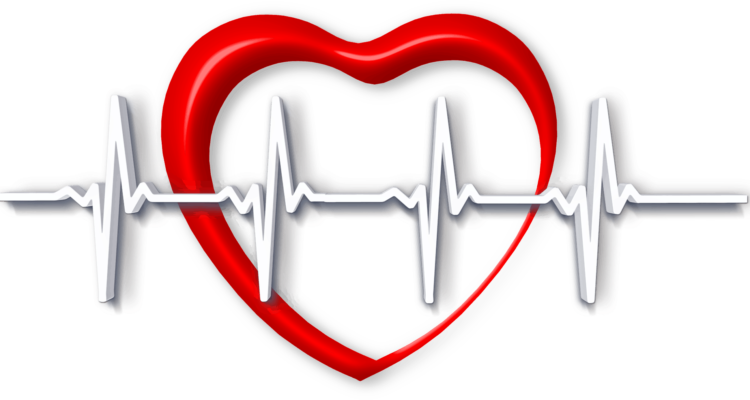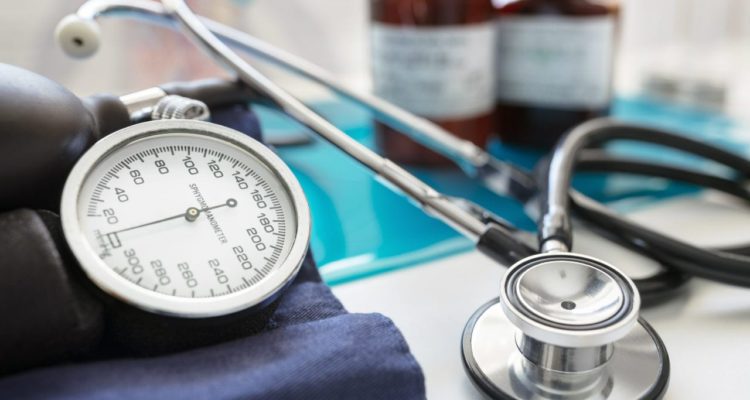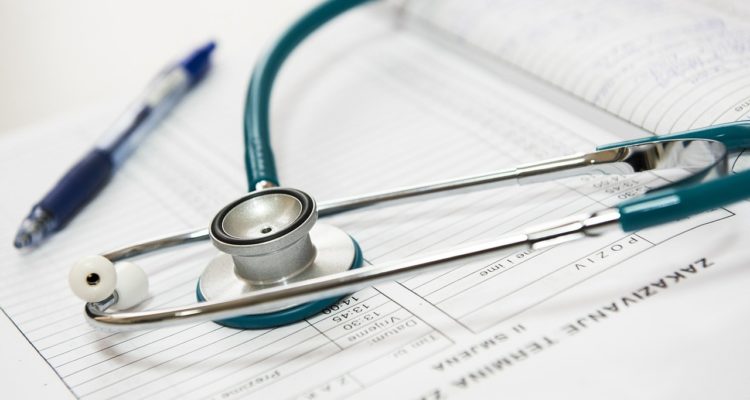
The simplest answer is that without checking, you don’t know if your blood pressure runs too high. Like the air in your tires, unless you check them regularly do you really know if they are properly inflated? Unless the tires are flat you cannot feel your tire pressure while driving, but it may be damaging your tires.
Similarly, high blood pressure is not something most people feel, which is why hypertension (having high blood pressure) is often called the silent killer. When you have a headache or feel flushed due to emotion your blood pressure does rise but it is not the blood pressure causing the sensation. The blood pressure is temporary and will fall back to your regular baseline as soon as the feeling is over. If your baseline is normal, then you don’t have a blood pressure condition but if it is not you need to see your doctor. Checking your blood pressure helps you determine your baseline.
The reason doctors check for high blood pressure is that it damages your circulation and fatigues the heart muscle, which causes it function poorly. When blood pressure is high, it hurts the inner lining of arteries, causing them to narrow, weaken and sometimes even rupture. When your body goes to repair the damaged arteries, the cholesterol in your blood is taken up by the walls in the form of “plaque”. This cholesterol plaque build-up in the arteries is known as arteriosclerosis. As the plaque accumulates over time it can severely narrow the main blood vessels that provide nutrients and oxygen to your organs. Plaques can suddenly rupture, form a clot and block an artery either at the spot of the rupture or downstream (embolus) causing the loss of blood flow to the area it feeds. This is what happens when you have a heart attack or stroke. A part of your heart muscle or brain is cut off from circulation causing tissue death. About 50% of people with uncontrolled high blood pressure will die of heart disease and another 30% from stroke disease. By treating high blood pressure, you can lower your risk of dying or suffering from these conditions.
Other organ damage that occurs due to the narrowing of arteries include the kidney (nephropathy), eyes (retinopathy), brain (dementia and mild cognitive impairment), arteries (aneurysms) and sexual organs (erectile dysfunction).
High blood pressure can damage the heart two ways. Through arteriosclerosis (coronary artery disease) and enlargement (cardiomyopathy) caused by heart fatigue. Both conditions can lead to heart failure and/or arrhythmias that can poor health and sudden death.
Bottom line is that unchecked high blood pressure can cause lots of damage to your body and unless you check it regularly you do not know if it is running too high.
Click to download: How to Measure Blood Pressure – A PDF Reference Guide from the AMA


